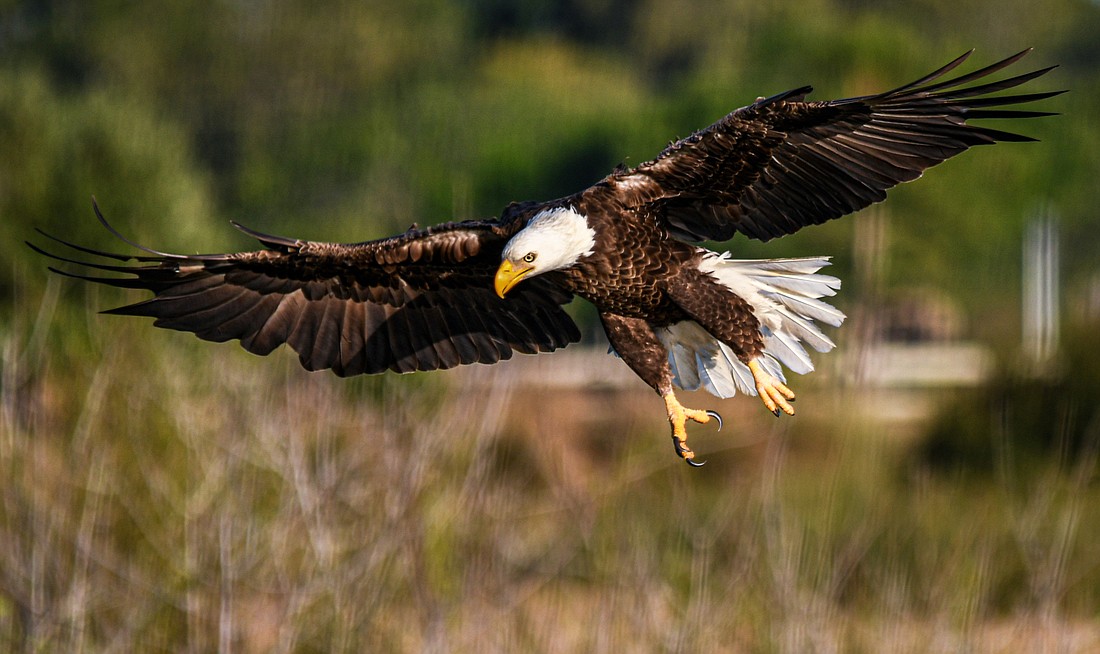- January 31, 2026
-
-
Loading

Loading

With wingspans of up to 8 feet and massive tree-top nests, bald eagles are the only eagle unique to North America, and have been our national bird since 1782. Opportunistic feeders, these magnificent birds of prey hunt mainly for fish but will also scavenge, eat small mammals, and steal catch from smaller birds of prey (such as osprey). Known for their exceptional vision, they see up to five times farther than the average human. And with both monocular and binocular vision, Bald Eagles can use their eyes independently or together.
A decline in bald eagle populations, almost to the point of extinction, started in the 1800s, when they were hunted by early settlers who wrongfully thought eagles preyed on farm animals. The Bald Eagle Protection Act of 1940 made hunting eagles illegal, but DDT (which resulted in nesting failures) and habitat loss (due to deforestation for development) continued their rapid decline. By 1963, 417 eagle pairs remained in the lower 48 states.
Bald eagles still soar, thanks to the banning of DDT and the introduction of the Endangered Species Act. This conservation law designated protected habitats in order to help eagle populations grow, and has now protected endangered species for more than 40 years.
In Florida, progressive loss of nesting and foraging habitats continues to jeopardize bald eagles. And lead, used in fishing tackle and ammunition, which is highly toxic to eagles when ingested, is becoming a rising cause of injury and mortality. The weakening of legislation put in place to protect our wildlife and the habitats they need to survive is therefore highly concerning. With reduced protection, our national bird might once again face endangerment.